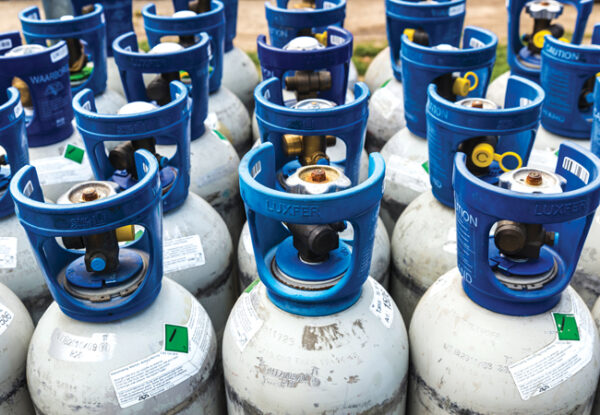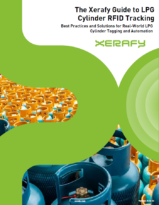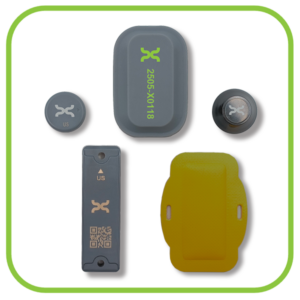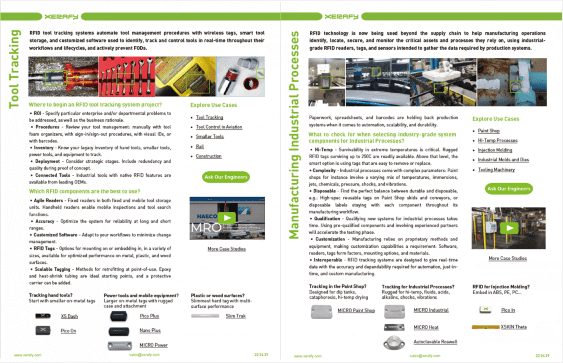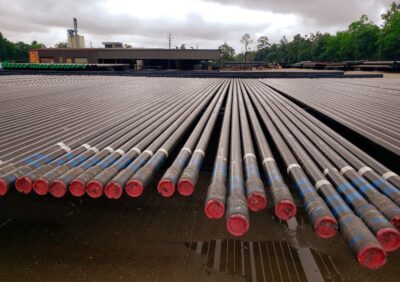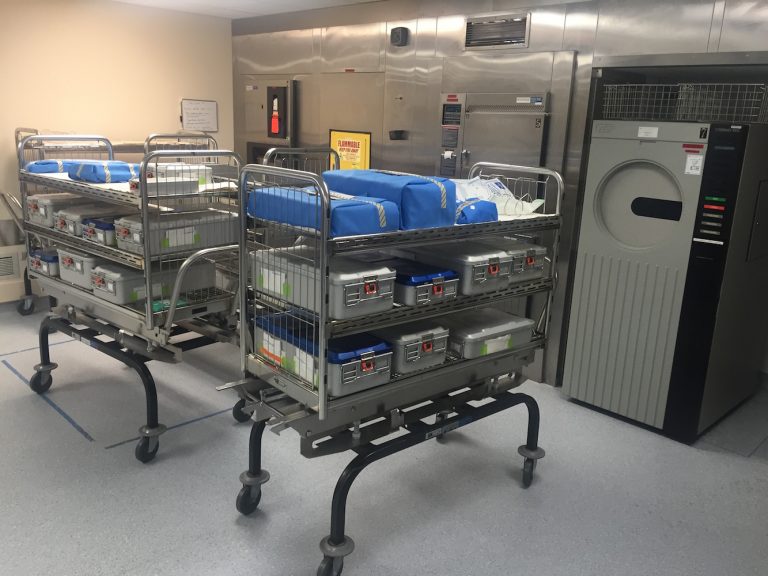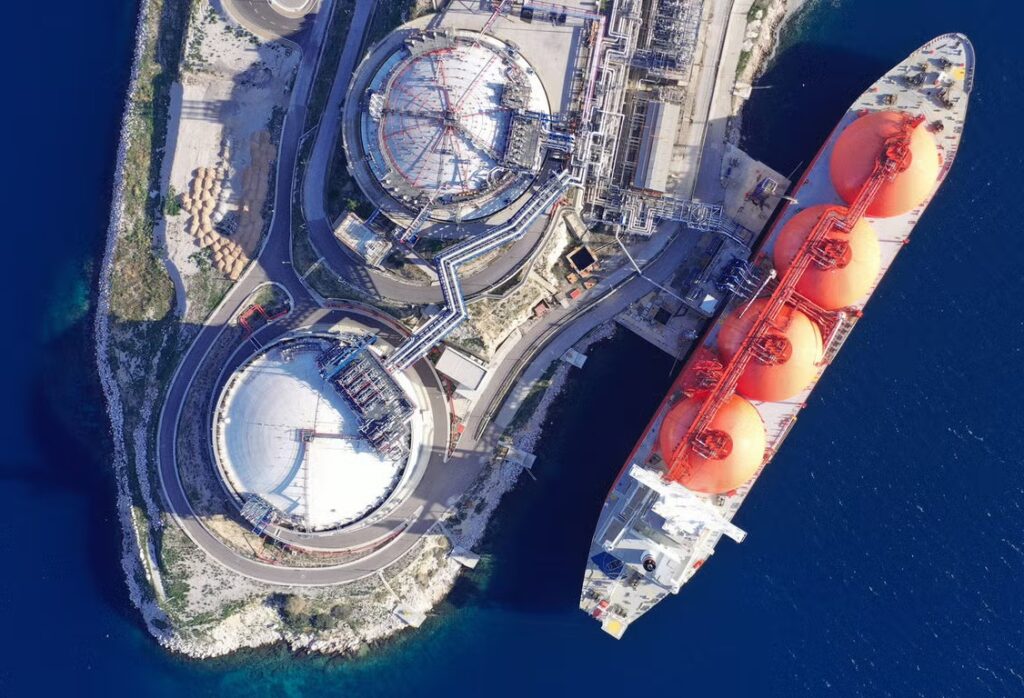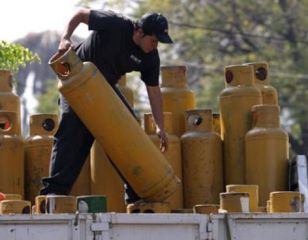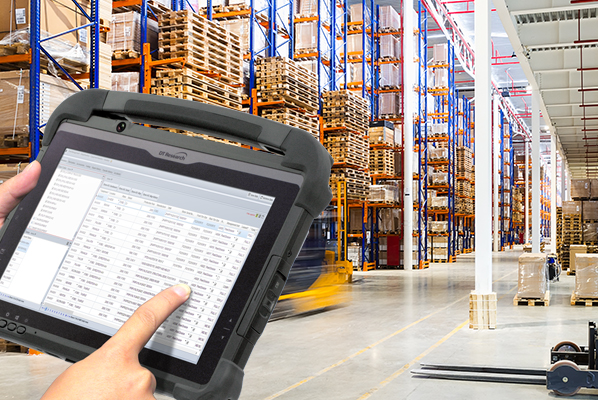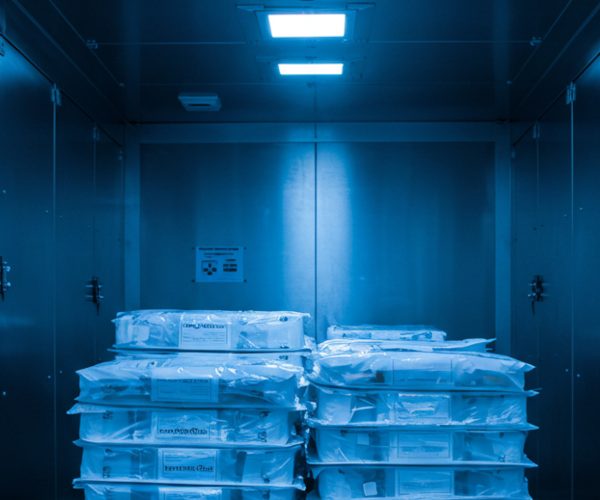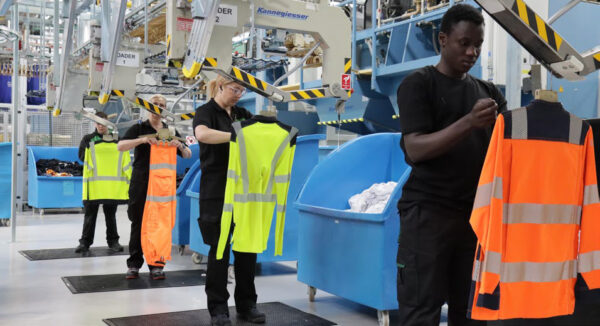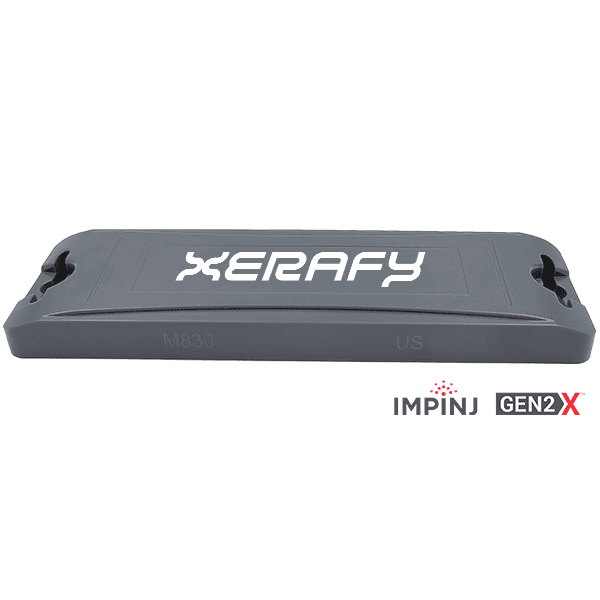Industrial and medical gas cylinders are indispensable to sectors like healthcare, energy, and manufacturing. These reusable, high-pressure containers circulate rapidly between production plants, logistics providers, and end-users. Managing their lifecycle is critical to ensuring safety, maintaining compliance, and optimizing asset utilization.
While this paper focuses on industrial and medical gases, many of the operational challenges like tracking, traceability, and return logistics, also apply to other returnable gas containers, such as LPG cylinders and pressurized kegs.
RFID technology provides operators with the ability to trace every cylinder, every movement, and every compliance milestone in real time. Xerafy’s cylinder tagging solutions are engineered for precisely this task: delivering rugged, field-tested RFID performance in workflows where manual tracking and barcode systems fall short.
Several prominent gas cylinder operators have implemented digital inventory management solutions utilizing various technologies, including:
- Praxair (part of Linde): RFID-based inventory management systems to track and monitor gas cylinders. RFID tags are attached to cylinders, allowing for automated tracking and real-time visibility of inventory levels.
- Air Liquide: Utilized barcode scanning in their inventory systems. Barcodes are affixed to cylinders, and handheld scanners are used to track and manage inventory. The company has also developed a connected IoT-ready gas cylinder.
- Air Products: Implemented a cloud-based inventory system using wireless communication for real-time tracking and management across multiple locations.
- Matheson Tri-Gas: Combines RFID and GPS tracking to optimize inventory management. RFID tags enable precise tracking, while GPS helps monitor cylinder location during transport.
The Xerafy engineering team shares its experience with deploying RFID technology at the service of gas cylinder inventory management.
1. Use Cases: Where Cylinder Traceability Matters Most
Gas cylinders support a wide range of high-risk, high-frequency workflows: Hospitals and pharmacies handle oxygen deliveries daily, while industrial operations rely on specialty gases for cutting, welding, and manufacturing. In mobile use cases, depots and delivery fleets must trace hundreds or thousands of cylinders in transit.
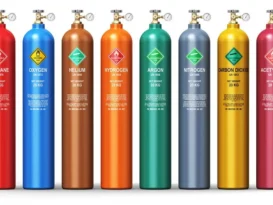
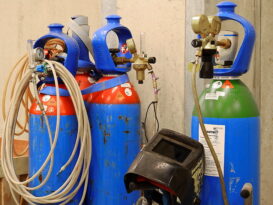
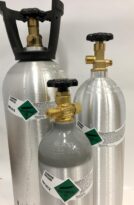
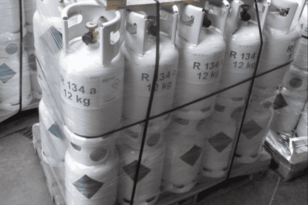
Gas Types in Scope
- Industrial – Gas cylinders are commonly used for welding and cutting operations and manufacturing processes: Acetylene, argon, helium, nitrogen, specialty gases
- Medical – Medical-grade air used in hospitals and for anesthesia during surgical procedures: Oxygen, nitrous oxide, anesthetic gases
- Food – Carbonation of beverages, food packaging
- Refrigerants – Used in air conditioning and refrigeration systems (FGAS Compliance)
2. What’s at Risk Without Cylinder-Level Traceability
In the absence of real-time visibility, operators face multiple risks:
- Misidentifying a medical oxygen cylinder or delivering the wrong gas blend can have life-threatening consequences.
- Inventory losses due to misplaced, stolen, or substituted cylinders impact fleet utilization and bottom line.
- Compliance failures related to requalification dates, inspection logs, or expired cylinders expose operators to regulatory penalties.
- Manual tracking using paper logs or barcodes slows down processes and introduces human error.
- Environmental challenges, such as metal racks or humidity, interfere with barcode scanning.
“Manual processes can’t keep up with fast-moving, safety-critical logistics. RFID automates the traceability that regulations demand.”
3. Why RFID Now: Industry Pressures and Compliance Trends
The industrial and medical gas industries are under increasing pressure to modernize. Regulations like ATEX, FGAS, and EU MDR require auditable traceability, while the pandemic has accelerated demand for medicinal oxygen logistics.
Operators must demonstrate:
- End-to-end chain of custody
- Digital traceability of inspections and compliance
- Faster turnaround and zero-defect logistics
RFID offers a solution that is scalable, automated, and proven in the field.
4. RFID Lifecycle Control and Automation
RFID turns each cylinder into a traceable asset with a unique digital ID. Every touchpoint can be captured automatically, creating a digital audit trail.
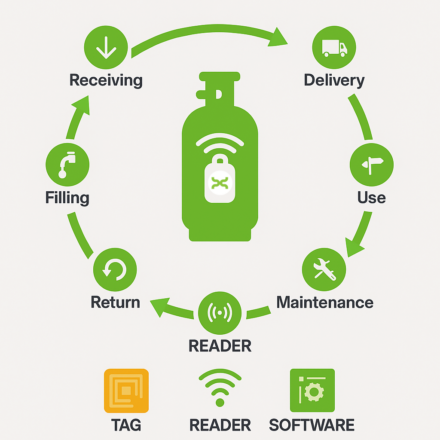
Lifecycle Events Tracked:
- Receiving
- Filling
- Delivery
- Use
- Return
- Maintenance
Infrastructure Applications:
- Fixed readers installed at entry gates, fill stations, and docks enable hands-free identification.
- Handheld readers support manual scans during audits, delivery runs, or warehouse picks.
- NFC-enabled smartphones can provide tap-to-verify confirmation at the point of care or delivery.
System Integration:
- Syncs with ERP, WMS, and CMMS platforms
- Event triggers and alerts for compliance, expiring inventory, or exceptions
5. Xylinder OUTDOOR: Built for Cylinder Environments
Xylinder OUTDOOR was designed from the ground up for industrial and medical gas applications. Built with ruggedized materials, the tag resists shock, pressure, and environmental exposure common in these workflows.
Key features include:
- Compatibility with steel, aluminum, and composite cylinders
- Flexible mounting: Guard ring, bracket, adhesive, or cable tie
- Certified for ATEX and cleanroom environments
- Optional NFC functionality for mobile app interaction
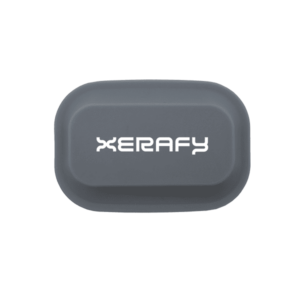
Durable UHF RFID tags like the bendable Xylinder OUT are specifically designed to fit on metal gas cylinders.
6. Deployment Best Practices From the Field
Industry leaders have established best practices that ensure successful RFID implementation:
- Launch with a focused Proof of Concept at a depot or production site.
- Tag cylinders in protected areas such as under the guard ring to maximize tag life and readability.
- Configure antennas and reader zones to avoid cross-reads.
- Use ruggedized handhelds designed for industrial environments.
- Provide staff training on how to handle RFID-tagged assets and use mobile devices.
Integrate RFID systems with existing logistics and compliance software.
“Start small, scale fast. Pilot projects help validate performance and integration before full rollout.”
7. What Operators Are Achieving With RFID
Real-world deployments of RFID for cylinder tracking have delivered tangible results:
Operators have reported:
- 50%+ reduction in inventory search times
- Over 90% accuracy in inbound/outbound cylinder reconciliation
- Increased fleet utilization due to reduced asset loss
- Automated expiration alerts leading to improved compliance
- Faster delivery confirmation and maintenance scheduling
Xerafy provides a structured path to deployment with its RFID Test Pack:
- Pre-selected RFID and NFC tags suitable for gas cylinders
- Mounting recommendations and application guidelines
- Engineering consultation and support
- Integration readiness review for ERP or logistics platforms
The Xerafy engineering team is available to provide guidance and personalized recommendations.
Xerafy is a pioneer in RFID for industrial applications, bringing to market several innovations that enable advanced identification and automation capabilities.
In addition to a complete range of field-proven RFID tags available off-the-shelf, Xerafy offers Custom RFID Tags services, covering everything from a personalization service bureau to custom-design engineering capabilities.
